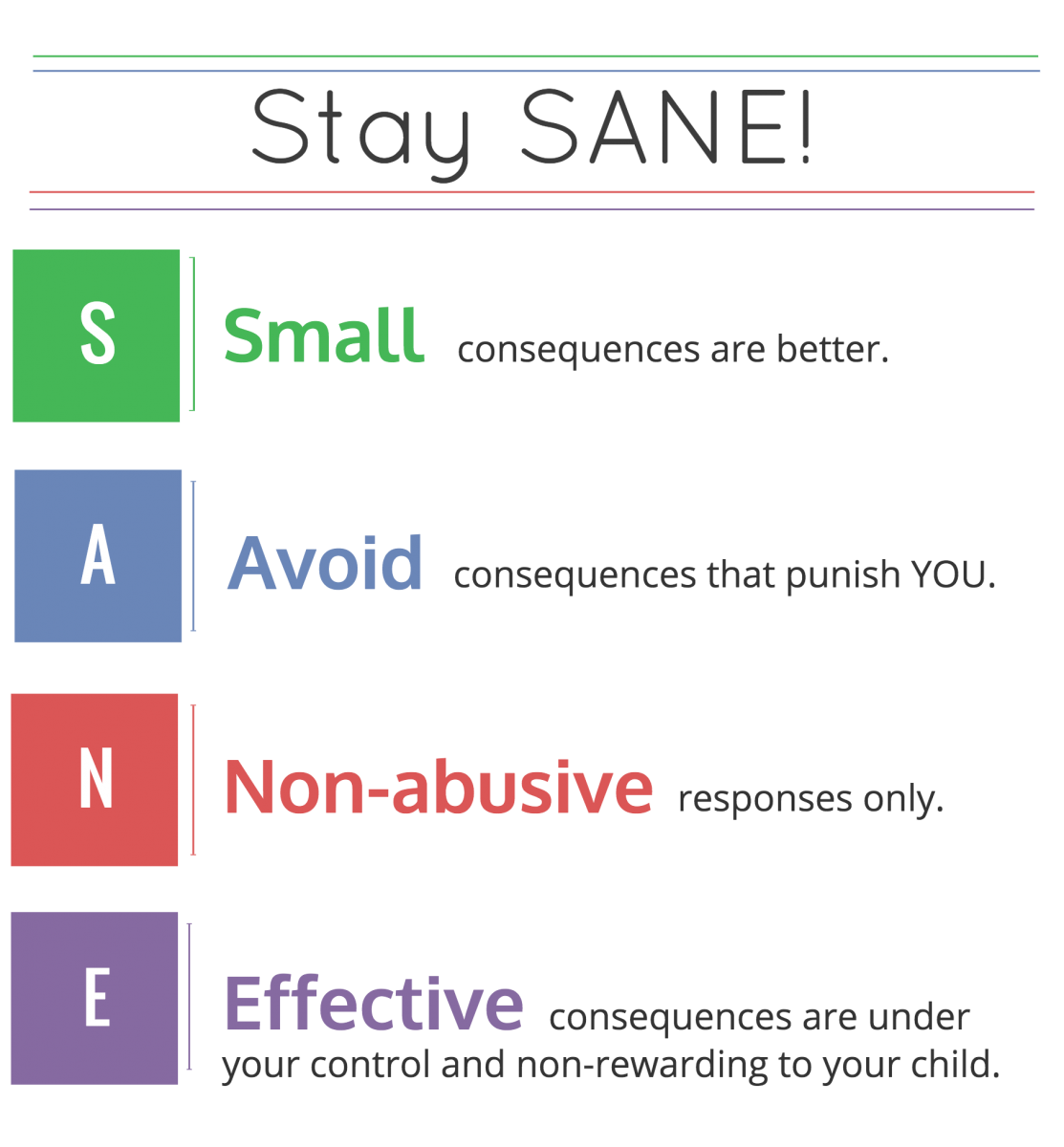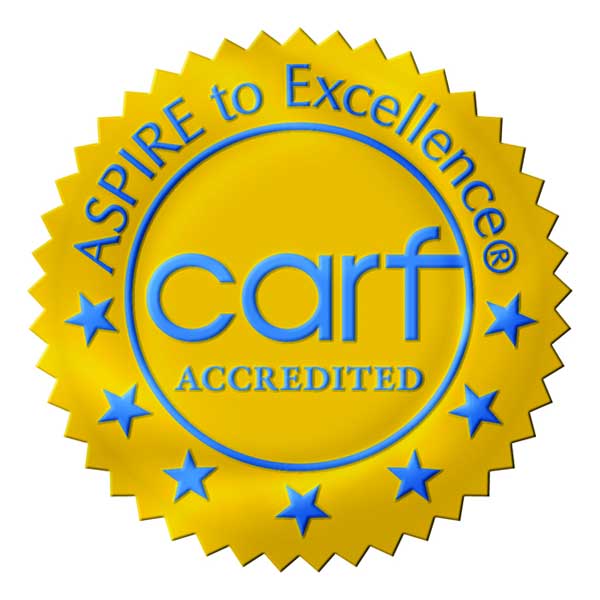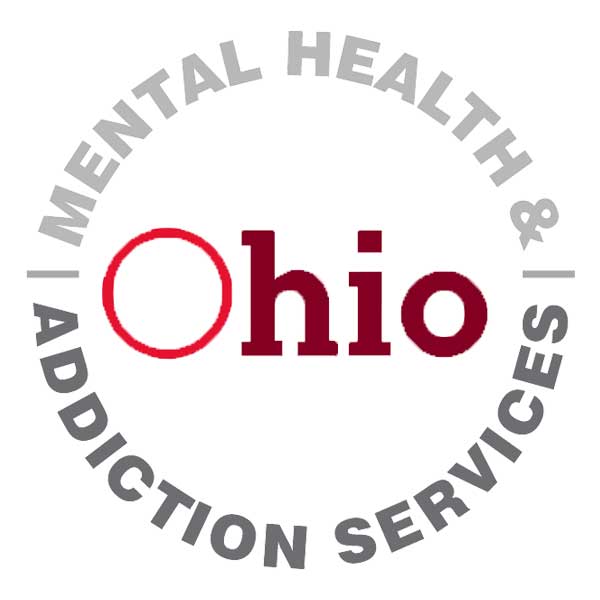GET HELP NOW
513.792.1272
NIDA Family Check Up: Setting Limits

Setting limits is an important part of being a parent. It can be difficult to establish and enforce these boundaries, especially if your children are not used to following rules. These tips can make it easier.
Step 1: Setting Rules
- Make your rules simple and specific.
- Make the rules age appropriate so your child understands them.
- Have a set of fair and consistent consequences that your child knows.
- Be ready to follow through.
Step 2: Following Up
- Follow up immediately, or as soon as you can.
- Kids are more likely to follow the rules if they know you are checking up on them.
- Kids are more likely to follow the rules if they know you will enforce them.
- Give a consequence when a rule is broken.
- Offer encouragement when a rule is followed.
Testing Limits
The National Institute on Drug Abuse reports, “youth may get angry, act out, or become isolated when parents enforce consequences. Your child is testing you and your limits. Don’t react. Be consistent with your rules.” Testing limits is a natural (but frustrating) part of growing up. It presents a special challenge for parents. Sometimes parents react out of fear or anger. Using the SANE guidelines can help you establish appropriate consequences when a child breaks a rule.
Extra Tips for Setting Limits:
- State the limit and the consequence clearly.
- Catch the problem early.
- Avoid arguments and threats.
- Remember to use a firm and calm tone of voice.
- Follow through each time a limit is stretched or a rule is broken.
- Offer encouragement every time a rule is followed.
- If you are feeling really angry, take a time out. Tell your child that the consequence is coming. Give the consequence as soon as you are calmer.
Youth may get angry, act out, or become isolated when parents enforce consequences. Your child is testing you and your limits. Don’t react. Be consistent with your rules.
The National Institute on Drug Abuse compiled a booklet of positive parenting techniques that help prevent or reduce drug abuse.
The other techniques were:
References
RELATED POSTS
ASAP is Cincinnati's premiere outpatient treatment center for teenagers and their families struggling with substance abuse and mental health problems.
SUBSCRIBE
Enter your email address to receive news and information from ASAP.












